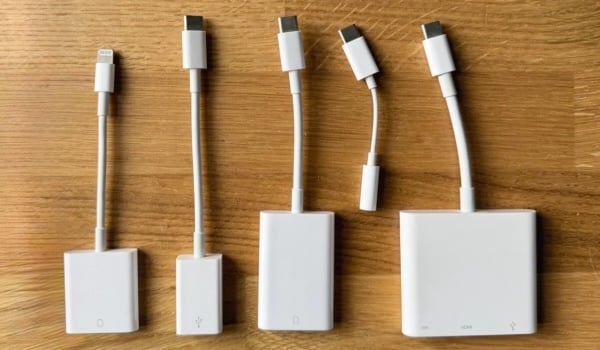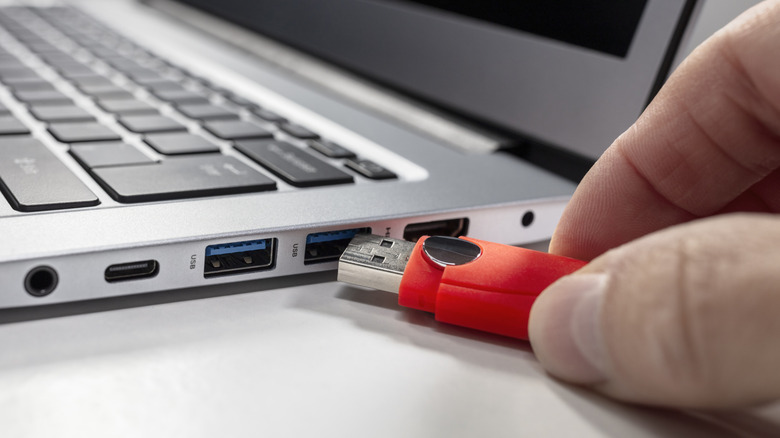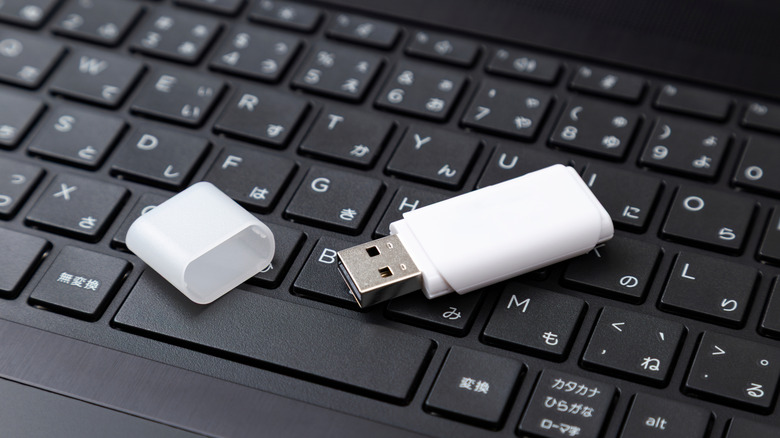We may earn a commission on purchases made from links.
The USB ports found on contemporary laptops serve as versatile interfaces for connecting a wide range of devices. Once limited to basic peripherals, the modern USB interface has advanced into a much more complex technology capable of supporting everything from rapid data transfers to high power delivery.
This evolution means that we often utilize USB ports on our laptops to hook up chargers, external storage drives, headphones, keyboards, mice, webcams, and numerous other devices. Indeed, the functionalities of a USB port can vary depending on the USB generation it supports and whether it utilizes the Type-A or Type-C connector. Furthermore, optional technologies such as DisplayPort (DP) Alt Mode and Thunderbolt can elevate a USB port’s capabilities, enabling video output to external displays, connecting external GPUs, and allowing for daisy-chaining multiple devices.
Therefore, even though these remarkable features may create the impression that you can connect nearly any device with a USB connector to your laptop, there are certain items you should avoid plugging into your laptop’s USB ports to keep it safe and secure.
Unidentified USB flash drives
Connecting unknown USB flash drives can pose significant security threats to your device. These drives could harbor malware that, once plugged in, can invade your system and lead to potential data breaches. Even though the temptation to use a friend’s USB drive or one found lying around may be strong, it is crucial to prioritize the security of your laptop over convenience.


